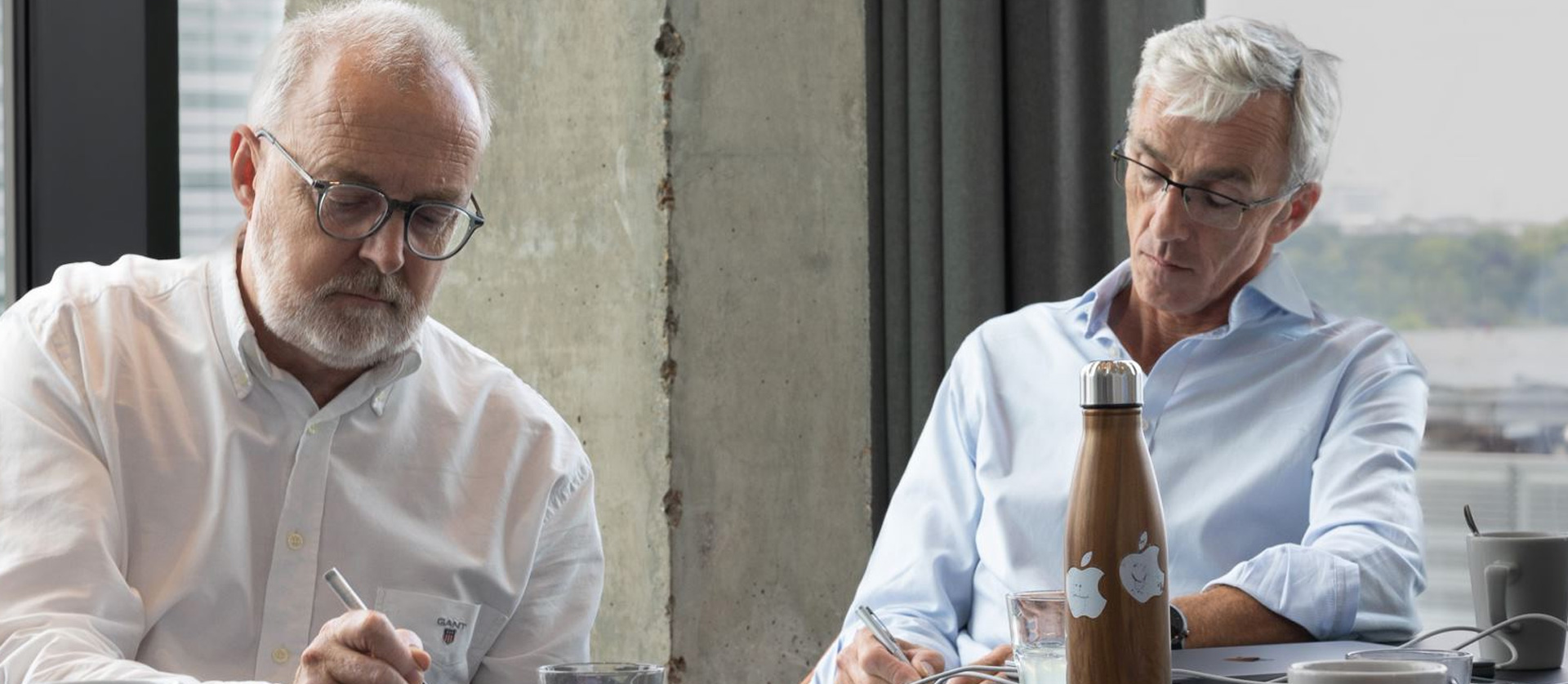Over nearly 20 years in the wellbeing space, I’ve needed to convince senior leaders at the likes of BP and AstraZeneca of the value of investing in employee wellbeing.
Getting your senior leadership team on board and ready to invest resource in wellbeing can be a long journey. Luckily, you can increase the speed of this journey and make it run smoother.
The buy-in process will become easier if you focus your attention on the influence of two types of senior leaders. When it comes to executive buy-in, think about zealots and converts.
In this article, you’re going to discover one of my simple tactics for gaining leadership buy-in with wellbeing.
Step 1: Find your zealots
It can be a tough challenge to secure senior leadership buy-in because you will need to convince some cautious and potentially sceptical professionals.
However, I’ve found that within every senior leadership team, you will almost always find at least one person that already understands the value proposition for wellbeing. This is your zealot.
They want to help you. They are already bought-in to the value of investing in workplace health and they know how decisions are made at the top. But, alone, they are not going to swing the argument in your favour.
So, don’t expect them to do this. Instead, lean on them to better understand the who, the how and the decision-making points you need to be thinking about when it comes to embedding wellbeing in your organisation.
Seek their guidance on these points, and also on current business priorities. Your work must be seen as part of the solution to advancing existing priorities. If wellbeing is not part and parcel of this aim, you’ll struggle to make headway.
Step 2: Identify your converts
Once you’ve found your zealot – and gained their support – it’s time to move on to your converts.
Think about the most sceptical member of your senior leadership team when it comes to wellbeing investment. This your convert.

Your convert is often more concerned with the tangible delivery of profit and less familiar with the factors that increase or decrease the ‘wellbeing accounts’ of their people – and how this in turn affects your company’s sustained financial success.
Your convert needs to see return on investment – and this means providing them with data. Luckily, the data is often already available in organisations and there is guidance on where to find it and how to use it from the National Forum for Health and Wellbeing.
If you need more data to build your case, you’ll find it in these articles:
- The Workplace Health Report
- Cost of Living Crisis: Financial Stress and Employee Wellbeing
- The Global Productivity Report: 2022
When you show a strong and relevant correlation between wellbeing trends and business outcomes of interest you’ll have a compelling case for even the toughest convert.
Look around and you’ll also find plenty of additional evidence that when leaders genuinely care about wellbeing, organisational outcomes are improved in a diverse range of employment settings.
- Increased long-term stock price performance (Fabius et al., 2019)
- Higher retention of staff (Steiner et al., 2020)
- Higher employee performance (West, 2021)
Once you’ve presented your business case, continue to work it until your converts are convinced – and converted.
When a sceptical senior leader becomes a convert, they become your strongest advocate. When they talk about wellbeing and why your company should invest, other sceptics will look up and wonder whether they are missing out on an important lever for their success.
It’s a long game
Achieving senior leadership buy-in with wellbeing is a journey. You will need to be resilient, both to present your business case and to convince your converts, while taking a few knocks along the way.
But if you build a strong business case and align the benefits of wellbeing to the business goals of your company – you’ll have an argument for wellbeing investment that even your toughest convert will find difficult to ignore.




